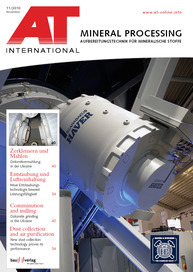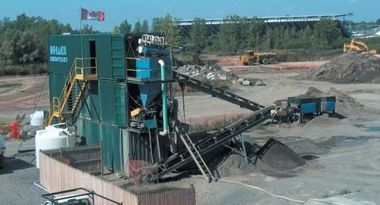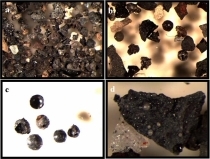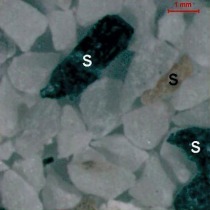Effect of sodium chloride on selective removal of iron from chromite by carbochlorination
A systematic study of the effect of NaCl on the removal of iron from chromite by carbochlorination by using Cl2 + CO or Cl2 + Petrolkoks was carried out. In the range of temperature from 626 to 720 °C Fe, Mn, Ti, Ni, V and Zn were removed in the form of volatile chlorides. The removal amount of iron increased with increasing concentration of NaCl from 5 to 15 %. At the optimum temperature (670 °C) 66 % of iron are removed in only 1 h, the content of Cr was increased by 4 % and Cr/Fe molar ratio was raised from 1.9 to 6.0 at the same time. More detailed results are reported. The chlorinated chromite residues were leached by hydrochloric acid of different concentration. It was shown that acid concentration has no remarkable effect on the leaching percentage of Fe.
Hf





